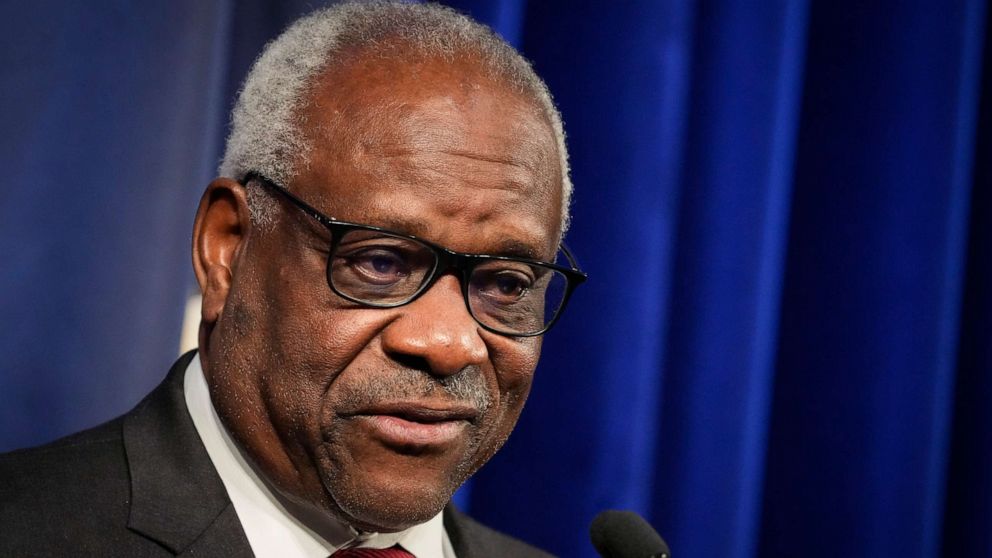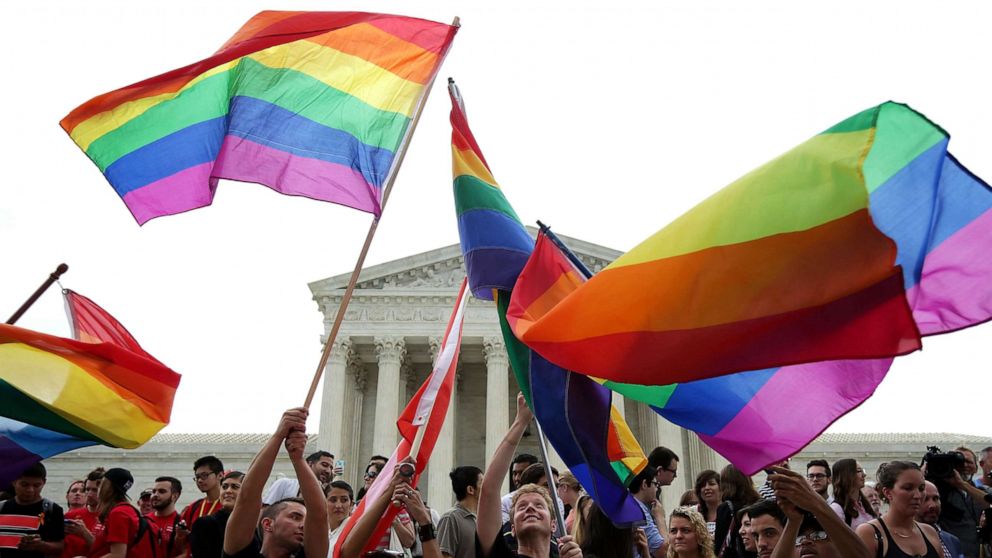Supreme Court opens door to overturning rights to contraceptives, same-sex relationships and marriage
Supreme Court #SupremeCourt

When activists learned the Supreme Court was considering overturning abortion rights, they feared other rights, such as same-sex marriage, same-sex relationships and contraceptives, might be next.
On Friday, Supreme Court Justice Clarence Thomas’s concurring opinion on Dobbs v. Jackson Women’s Health Organization that overturned Roe v. Wade validated those concerns by stating that other precedents from the high court should be reconsidered.
Thomas called for the reconsideration of Griswold v. Connecticut, which established the right of married couples to use contraception; Lawrence v. Texas, which protects the right to same-sex romantic relationships; and Obergefell v. Hodges, which establishes the right to same-sex marriage.
“In future cases, we should reconsider all of this Court’s substantive due process precedents, including Griswold, Lawrence, and Obergefell. Because any substantive due process decision is “demonstrably erroneous,” we have a duty to “correct the error” established in those precedents,” he wrote.
“After overruling these demonstrably erroneous decisions, the question would remain whether other constitutional provisions guarantee the myriad rights that our substantive due process cases have generated,” Thomas wrote.

Associate Supreme Court Justice Clarence Thomas speaks at the Heritage Foundation on October 21, 2021 in Washington, DC.
Drew Angerer/Getty Images, FILE
Activist groups across the country are sounding the alarm about a potential fight for previously protected LGBTQ and reproductive rights.
“The anti-abortion playbook and the anti-LGBTQ playbook are one and the same,” said Sarah Kate Ellis, the president and CEO of LGBTQ advocacy organization GLAAD, in a statement. “Our bodies, healthcare and our future belong to us, not to a meddling politician or extremist Supreme Court justices, and we will fight back.”
The lack of reference to “abortion” in the Constitution and the fact that “no such right is implicitly protected by any constitutional provision,” was used in the opinion that led to the overturning of Roe v. Wade.
Still, Justice Samuel Alito stated in the opinion that other unenumerated rights that aren’t explicitly mentioned in the Constitution are not immediately in doubt.
“To ensure that our decision is not misunderstood or mischaracterized, we emphasize that our decision concerns the constitutional right to abortion and no other right,” the document states. “Nothing in this opinion should be understood to cast doubt on precedents that do not concern abortion.”

Supporters of same-sex marriage rejoice outside the Supreme Court in Washington, DC. after the U.S Supreme Court hands down a ruling regarding same-sex marriage, June 26, 2015.
Alex Wong/Getty Images, FILE
Thomas’ note to “correct the error” established in other precedents, however, has put LGBTQ groups like GLAAD, the National LGBTQ Task Force and reproductive rights organizations like Planned Parenthood, on edge.
“We must push back now – on all state and federal lawmakers and courts – to fight for abortion access and reproductive choice, the right for transgender people to access life-saving healthcare, the right to bodily autonomy, and the right to sexual freedom,” said Kierra Johnson, the executive director of the National LGBTQ Task Force, in a statement.
She continued, “These are our most basic liberties — to live a life of dignity, private from government interference. The Court has no place interfering with our constitutional right to make decisions about our own bodies.”
ABC News’ Devin Dwyer contributed to this report.